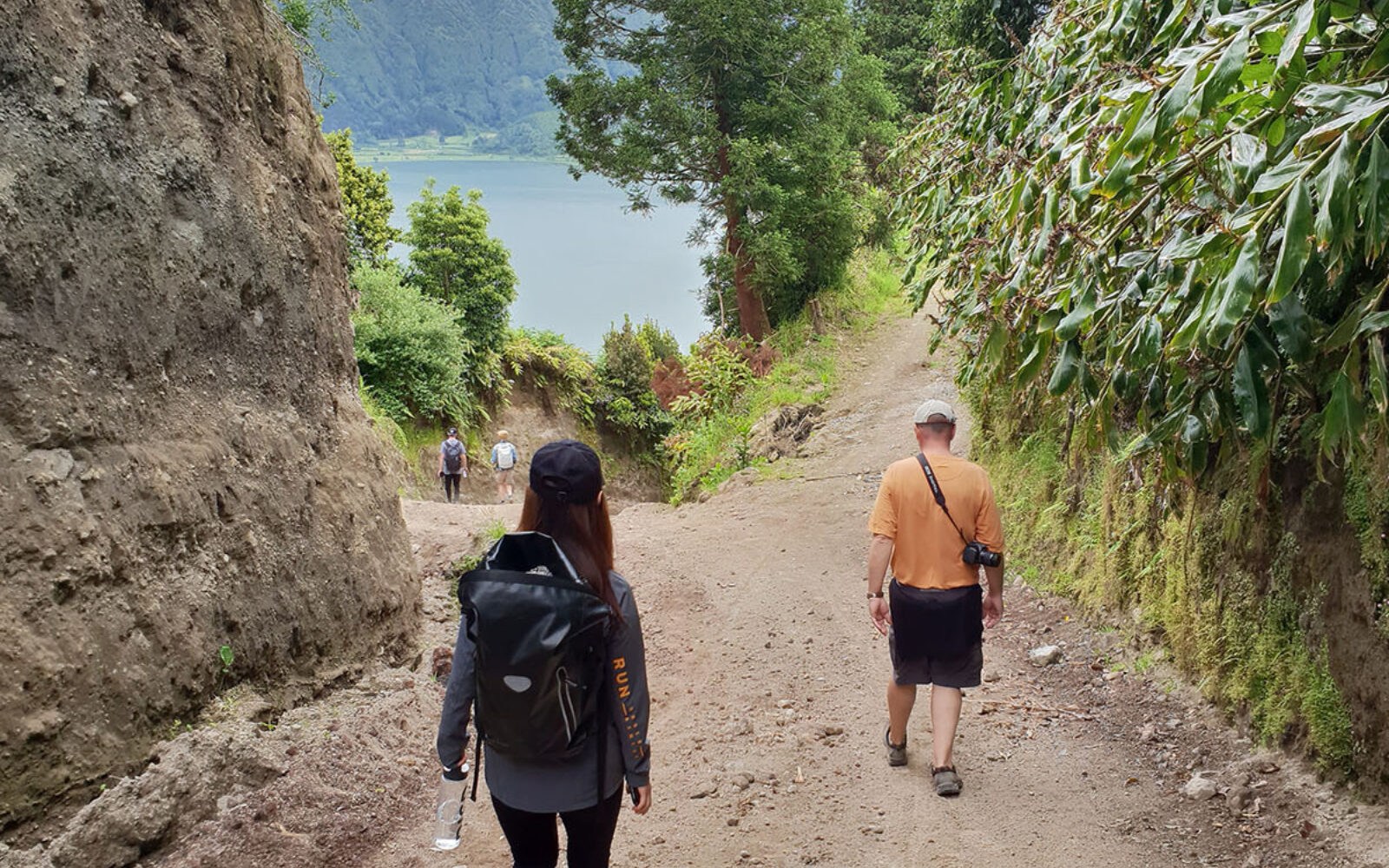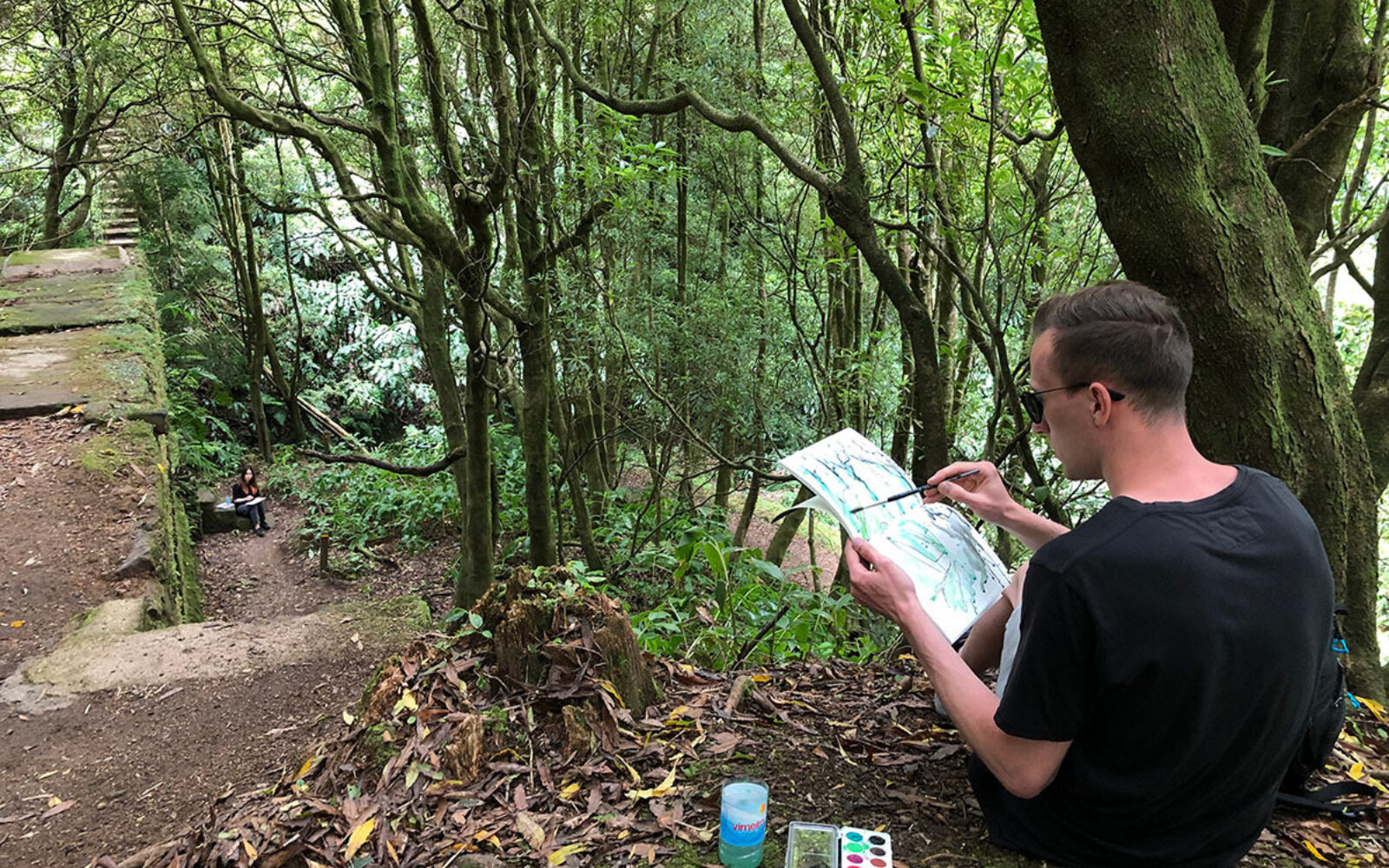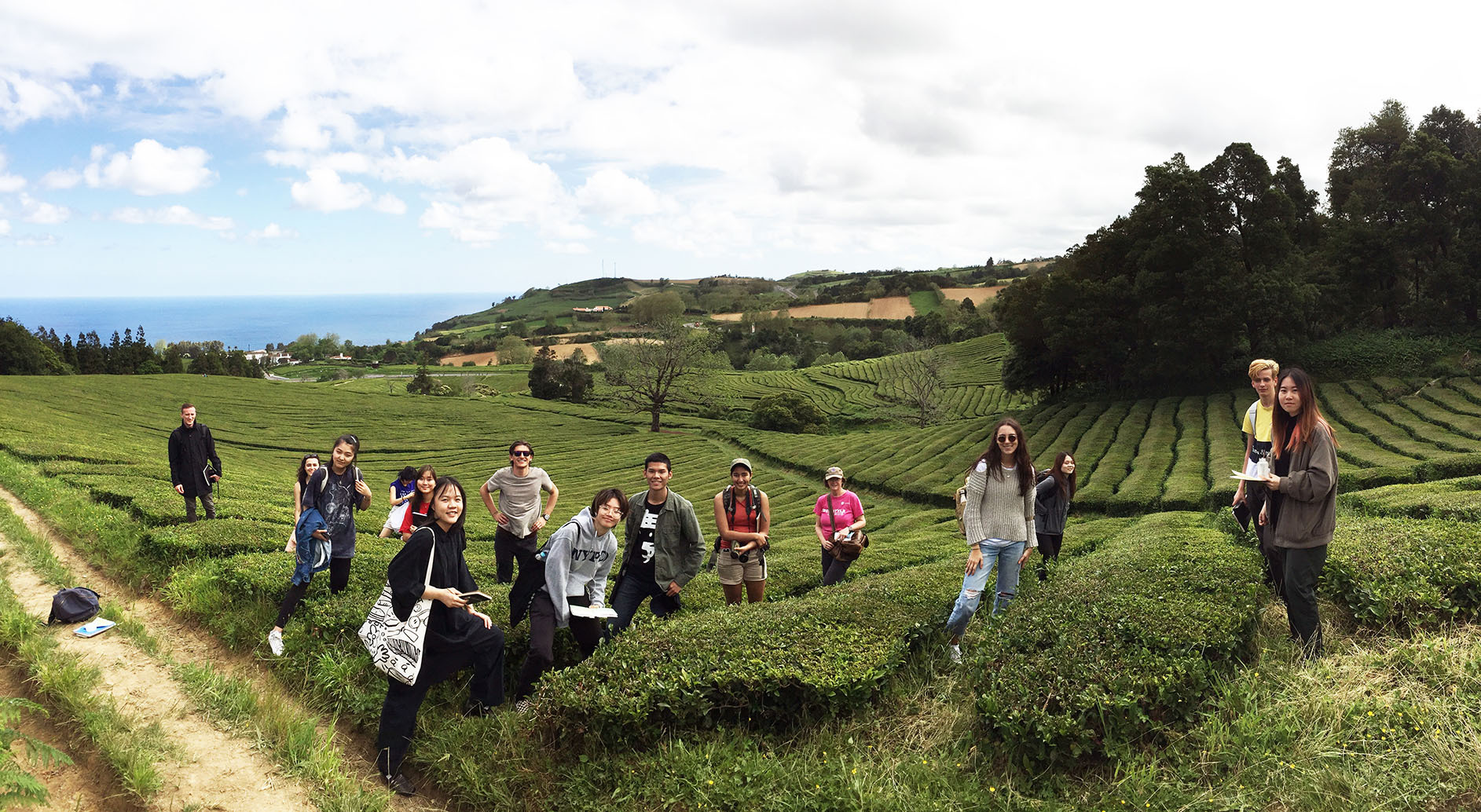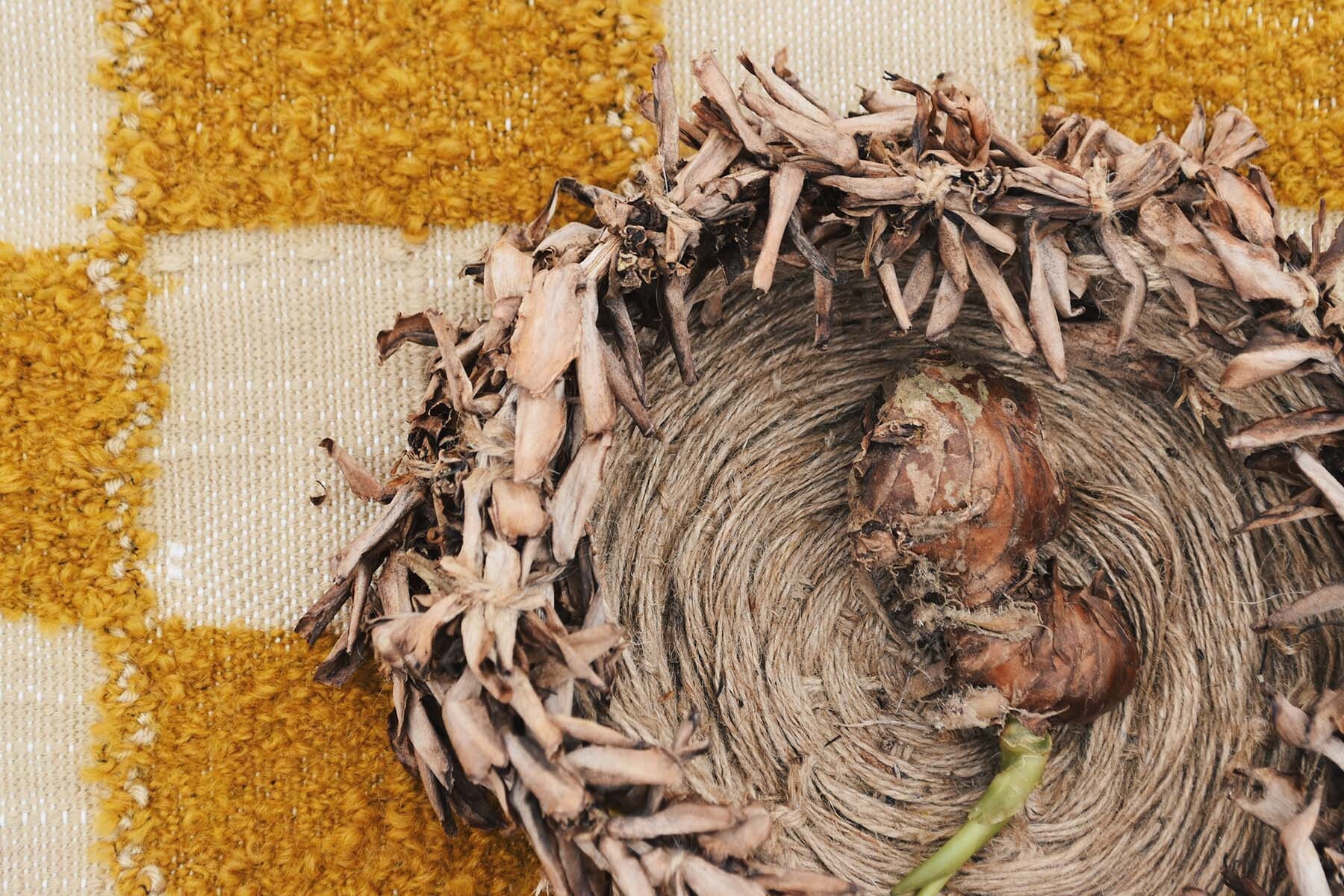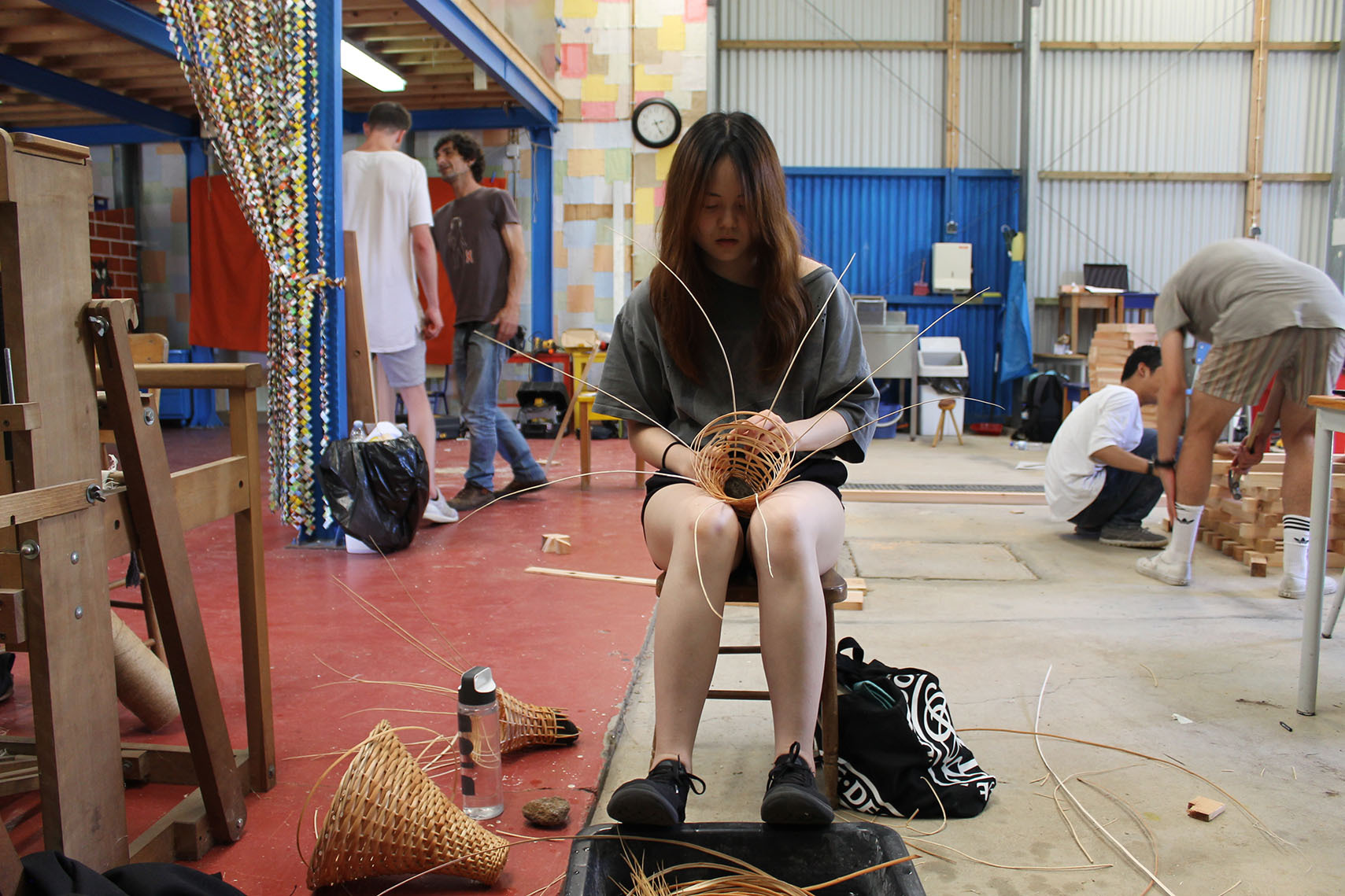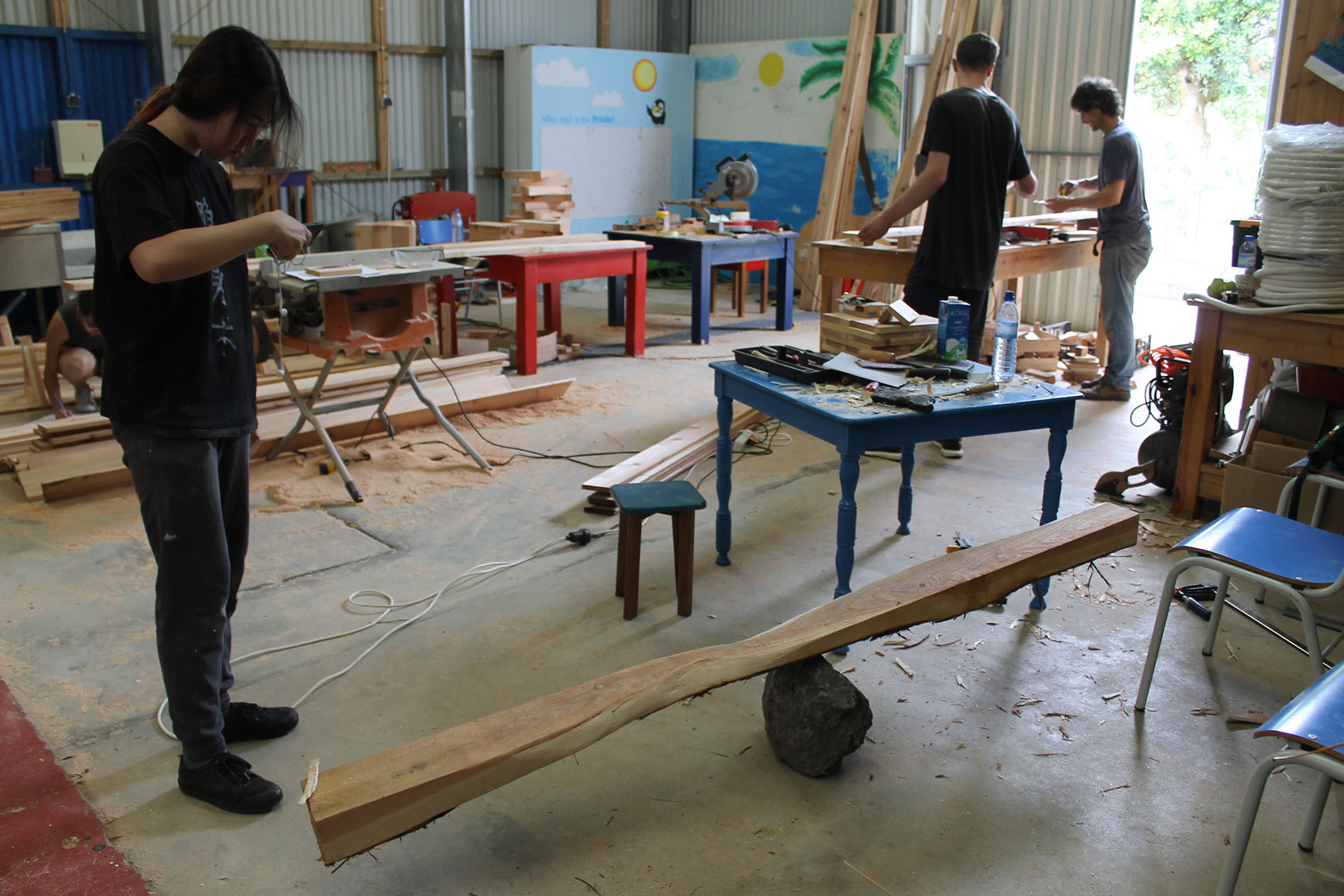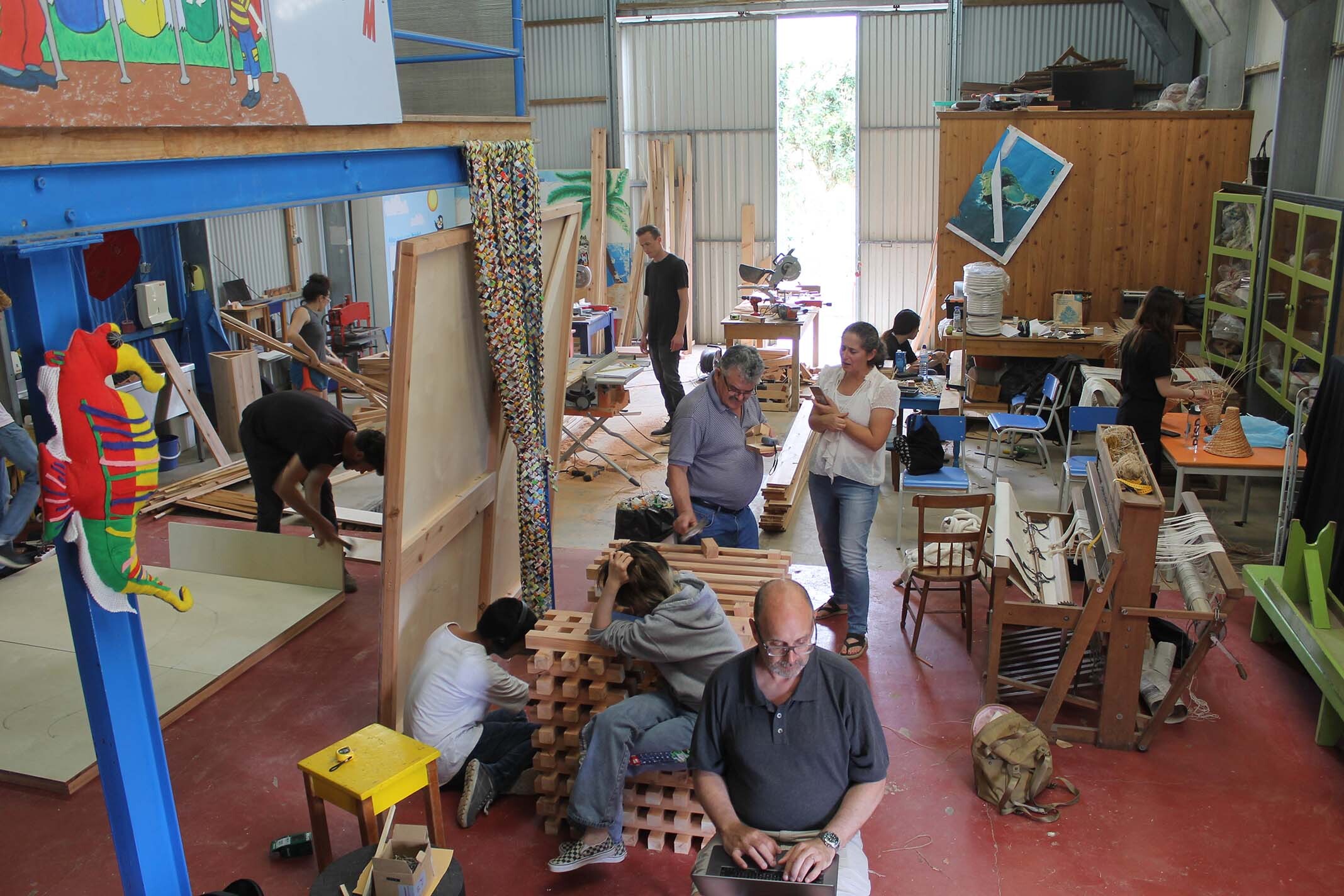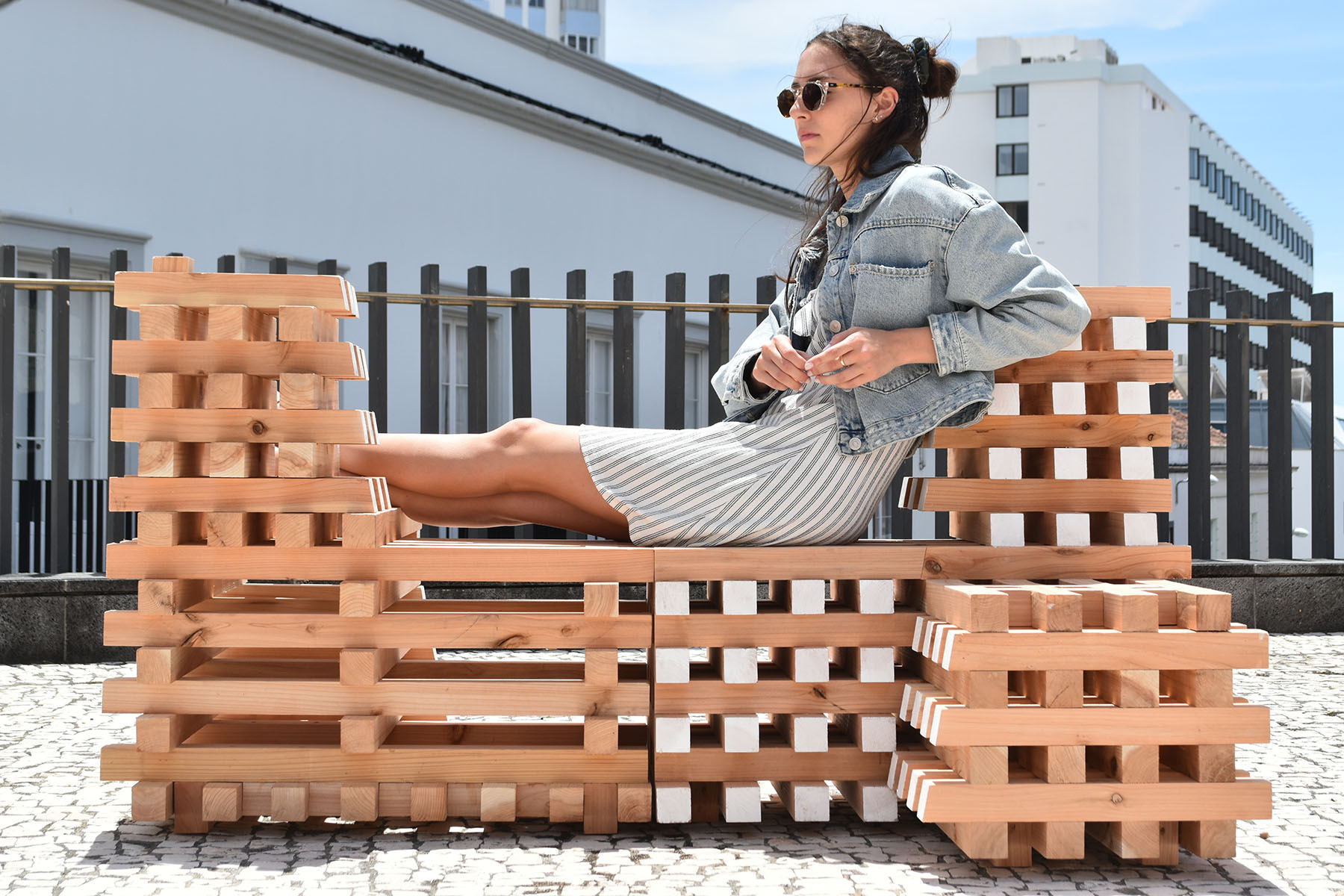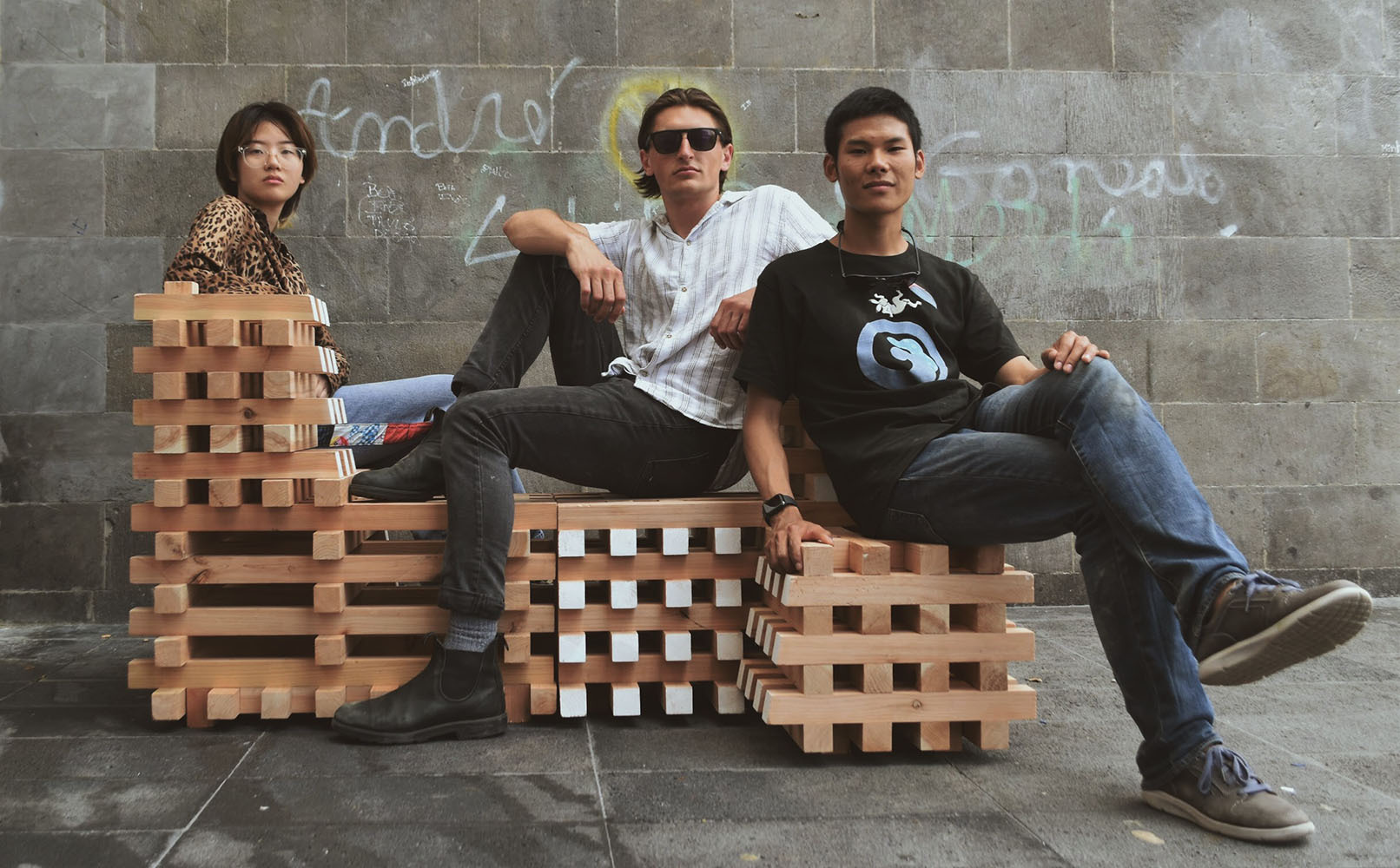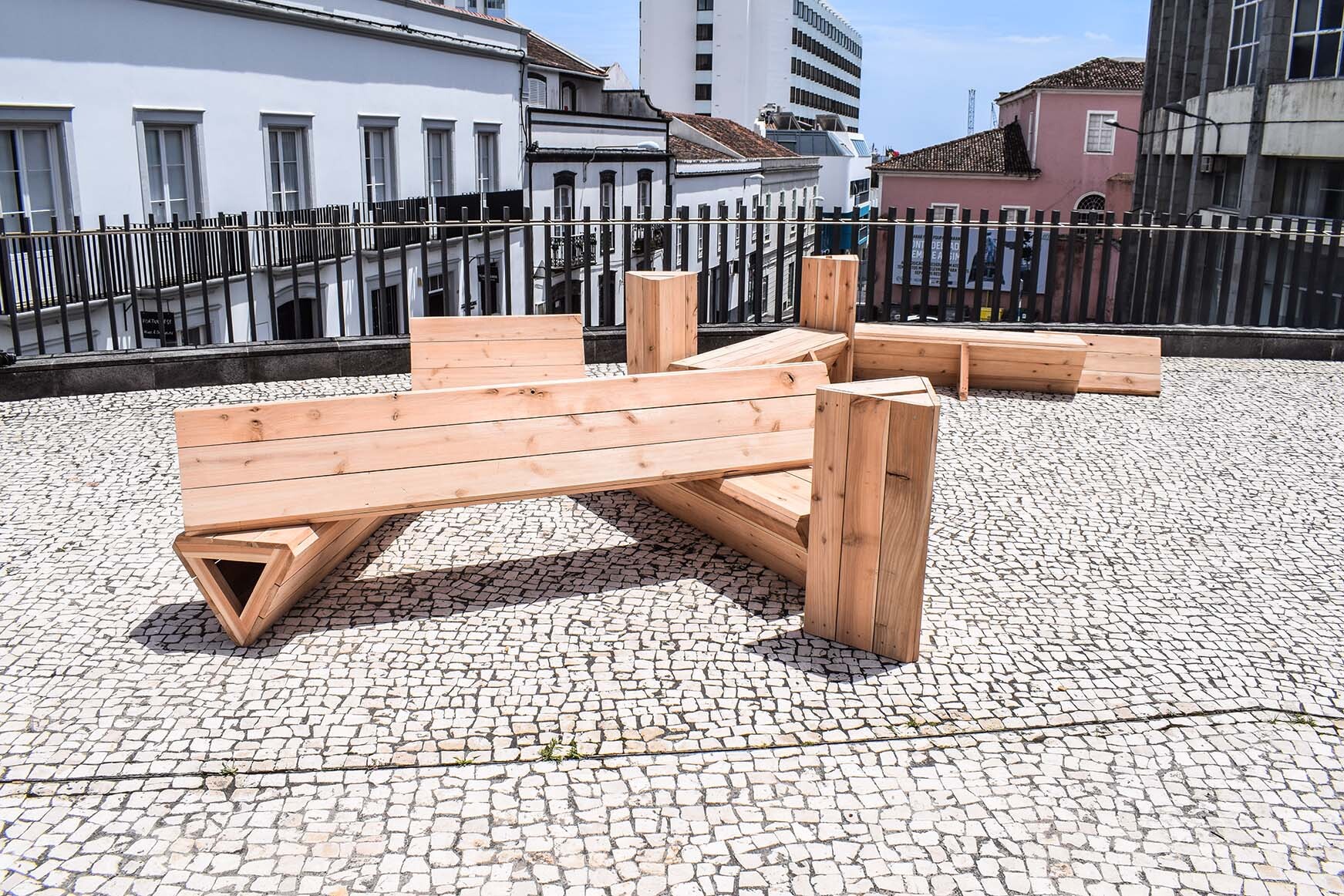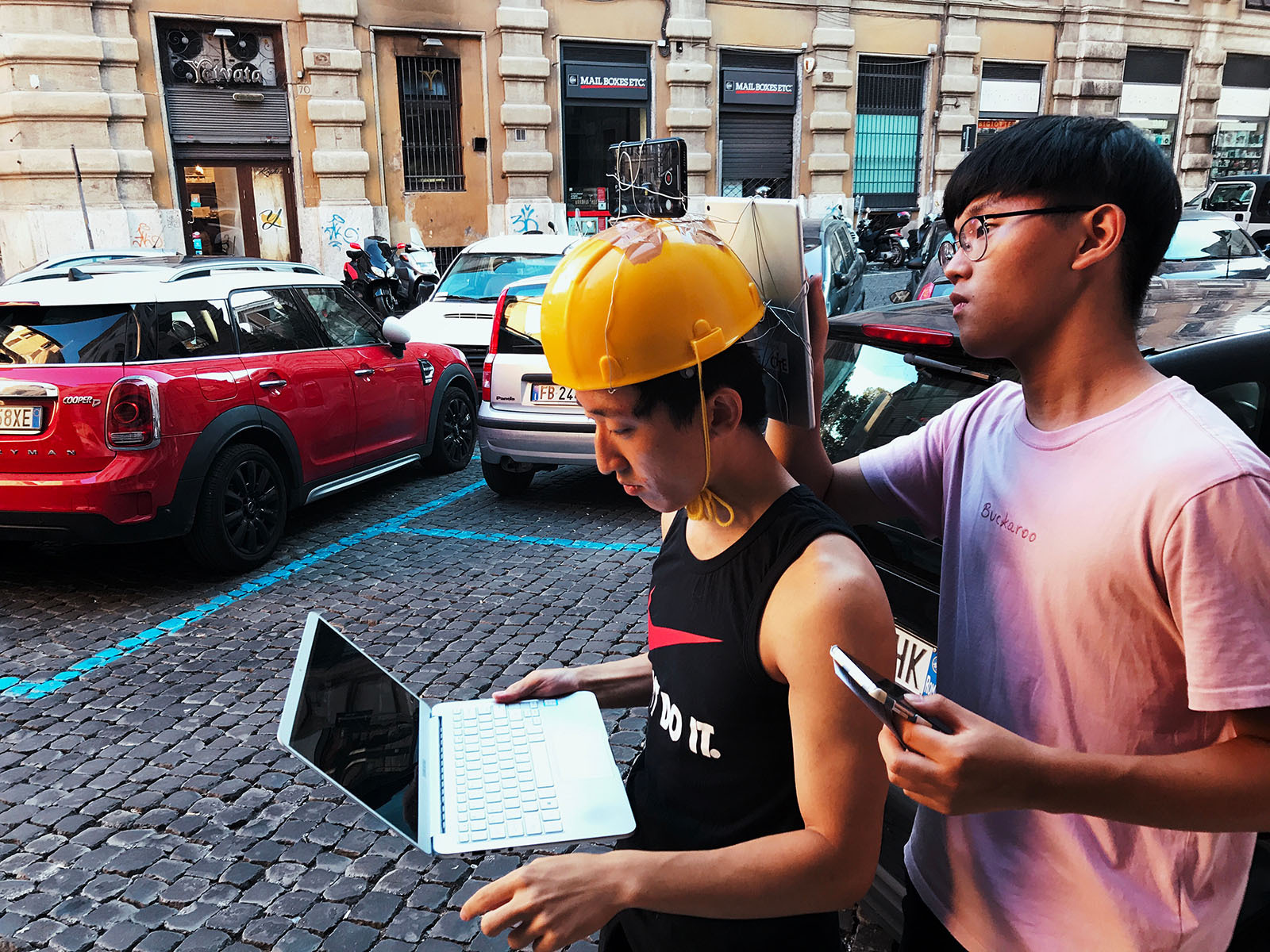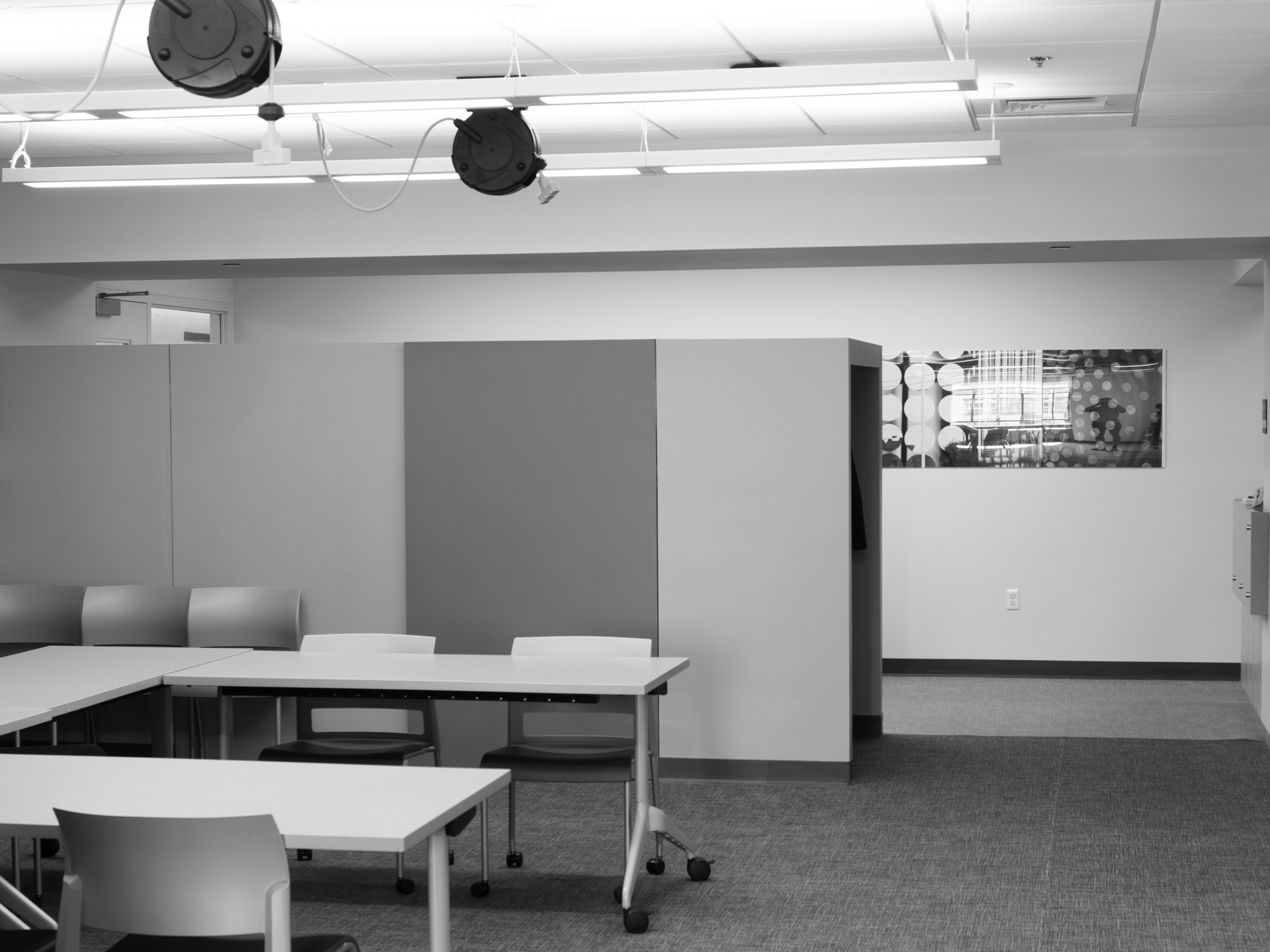About this Travel Course
Course Description
Islands nations are at the forefront of climate change as their specific geography makes them more susceptible to the destructive power of storm and rising oceans. As the need for resiliency is accelerating, islands have the potential to act as incubators and leaders in green designed futures. This course explored design for nature, using the Azores as a case study.
In the first part of the course, we took several walks through forests, fields and the water’s edge of Sao Miguel, the Azores' largest island, to explore the cultural/ecological networks. We used walking as a means of observation and as a way to collect and generate thoughts. Each walk was connected to a series of exercises, including a performative experience with a Walk&Talk artist. Drawings from the walks were translated to a series of pattern drawings that document field conditions and interrelationships seen.
Taking from these observations and material explorations, students worked together to create a small Butterfly and Bee Pavilion that was installed in the garden of the Quinta do Priôlo, an organic farm and community space in Ponta Delgada. As a class, students worked together in teams to iterate design ideas that were presented to the members of the community and Walk&Talk designers. Finally, we will work directly with local woodworkers and craftsman to assemble the project on the site. The pavilion provided a home for young butterflies and bee hives. It was made of Cryptomeria wood and light weight netting. Together as a class, students drew from their separate academic disciplines to approach the project.
Course Objectives
- Studied the intersection of ecology, traditional economy, and contemporary cultural activities
- Explored the island’s rural and urban landscapes by walking and making daily experimental drawings
- Drew with an eye of understanding ecological relationships
- Learned about the potential of the wood and other materials from the forest by meeting with forest ecologist from the University of the Azores and the Department of Forest Management
- Learned from local craft traditions, including wood working, basket weaving, cheese making, and embroidery
- Examined the crossovers between our communities (New England has one of the largest populations of Portuguese people outside of Portugal and many immigrants from the Azores)
We also worked closely with a local arts organization called Walk & Talk, which hosted an annual summer arts festival during our stay.
Learning Outcomes + Assignments
- Exposure to Portuguese culture, architecture and design and the specificity of the vernacular
- Learned about bio - technology from the examples of engineering and artist experiments
- Understanding of island social ecological economy and sustainable economic development that balances natural habitat protection with urban growth
- Understood responsive and resilient design strategies towards natural and man-made environments
- Understood interdisciplinary work with arts and scientists
- Observational and experimental landscape and forest drawing
- Translation of discursive arguments and inquiry into design methodology
Housing
To participate in RISD Global Summer Studies, all students were required to stay in RISD- provided housing for the duration of the course. Students were accommodated in double/triple occupancy rooms with shared bathrooms and kitchen available for the group.
